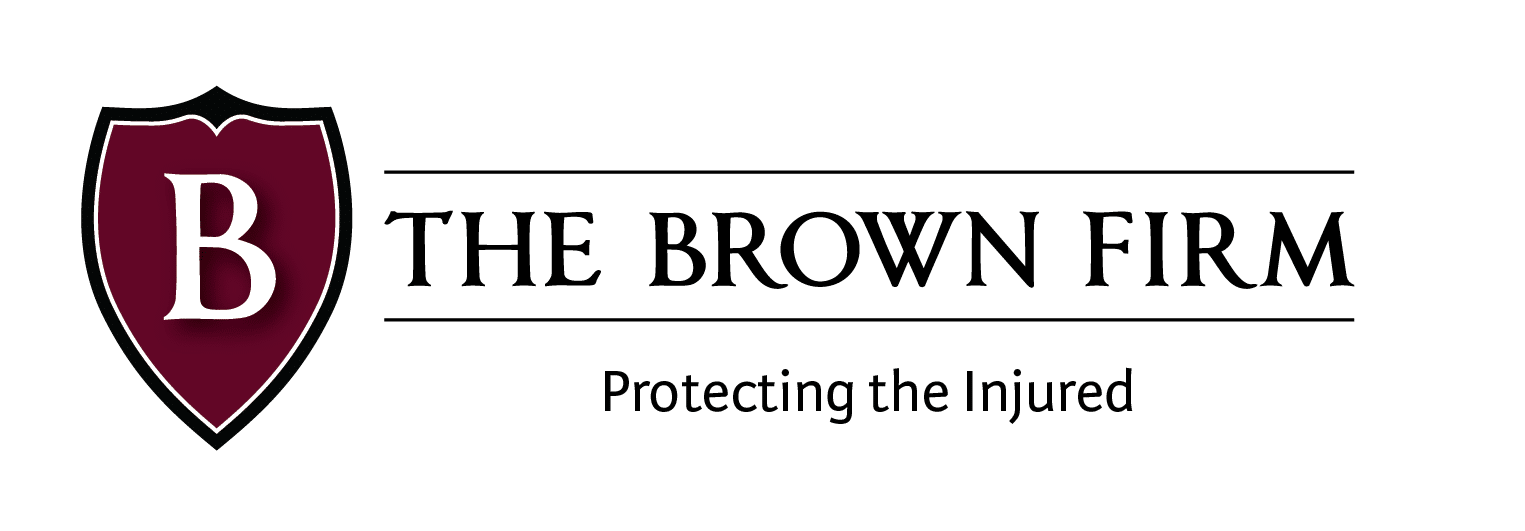Justification
What is a Justification?
Someone breaking the law is usually to blame for the majority of accident and injury claims. For instance, someone could hurt another person while attempting to rob them, or they could cause an accident while driving under the influence of alcohol. As a consequence of this, the law of personal injury frequently intersects with significant ideas derived from criminal law, such as the concept of justification.
You are required to provide evidence of the negligent party’s fault when you pursue legal action against them for an accident you were involved in. You are eligible to receive monetary compensation for your injuries provided that you can demonstrate that the other party’s negligence was the primary cause of your injuries. The defense and their insurance companies are going to make the argument that the actions that were taken were not negligent but rather justifiable and reasonable in the hope of avoiding liability.
Definition of Justification in Legal Terms
When someone makes a justification claim, they are stating that they had a valid reason to carry out their actions, even if they were unlawful. In extreme circumstances, the court may accept the explanation for their behavior, thereby effectively absolving them. Driving over the speed limit to get to the hospital quickly or trespassing to retrieve your stolen property are two examples of justification.
These instances can be true, but they’re frequently the exception rather than the rule. The majority of the time, a negligent party will defend themselves in court by making up reasons for not being at fault. These consist of the following:
You Didn’t Know It Was Illegal: In court, ignorance is typically not a defense.
You Were Angry at the Person: Numerous crimes are motivated by strong feelings, personal grudges, or the belief that the victim was treated unfairly; however, this does not justify the crime.
You Thought They Were Breaking the Law: Because you do have the right to self-defense, this is a murky area. However, it is rarely acceptable to use excessive force. For instance, it would not be justified to physically harm someone because you witnessed them stealing a candy bar.
The context of the case at hand needs to be taken into account when justifying something. The defense attorney or the insurance company may try to minimize the significance of your accident by employing a tried-and-true strategy that involves exaggerating the “duty” or the “need” to commit a negligent act.
What Kind of Influence Does Justification Have on Claims for Personal Injuries?
In cases of personal injury claims, justification is typically brought up only when an individual is attempting to absolve themselves of responsibility for the injury. For instance, if you are the victim of an accident, it indicates that the irresponsibility or carelessness of another person caused you to sustain injuries, and that person ought to be responsible for paying the associated costs.
On the other hand, by asserting that they are entitled to justification for their actions, the party that is at fault is essentially arguing that the actions they took were appropriate. If the court decides to accept this, it will likely reduce the strength of your claim, and it may even mean that you will not receive any financial recovery.
In cases involving personal injuries, it is not unusual for this to occur. It is most common in certain categories of legal disputes, including the following:
- Claims involving auto accidents where one party broke the law
- Premises liability claims if the party at fault argues that there was a valid excuse for failing to follow standard safety precautions
- Assaults in which the assailant was mistakenly or correctly suspected of committing a crime
These assertions have a high potential for complexity. Therefore, we advise the accident victim to consult with a lawyer. If the opposing party asserts that their actions were justified, this becomes even more crucial.
What Can I Do Against the At-Fault Party's Justifications?
The best course of action is to compile as much supporting documentation as you can before the negligent party who caused your accident begins to offer defenses, such as:
- Surveillance Footage
- Witness Testimonies
- Medical Records
- Expert Testimonies
- Police Reports
The stronger your case is against the defense’s justifications, the more evidence you have to back it up. You shouldn’t have too much trouble getting financial compensation as long as you fight back effectively with strong supporting documentation and competent legal counsel.
Contact the Personal Injury Lawyers at The Brown Firm
If you’ve been injured as the result of another person’s negligence, the experienced personal injury attorneys at The Brown Firm offer free consultations to accident victims in Georgia and South Carolina. Allow The Brown Firm to assist you with your claim. Contact our team at 800-529-1441 to schedule a free consultation with an experienced personal injury lawyer.
Ready to Talk to a Lawyer Who Has Your Back?
Contact The Brown Firm
Get the Answers and Compensation You Deserve
You’ll notice the difference when you contact The Brown Firm! Our local dedicated attorneys want to help you recover and rebuild.
Schedule your free consultation by calling (800) 529-1441 or completing our simple online form.
